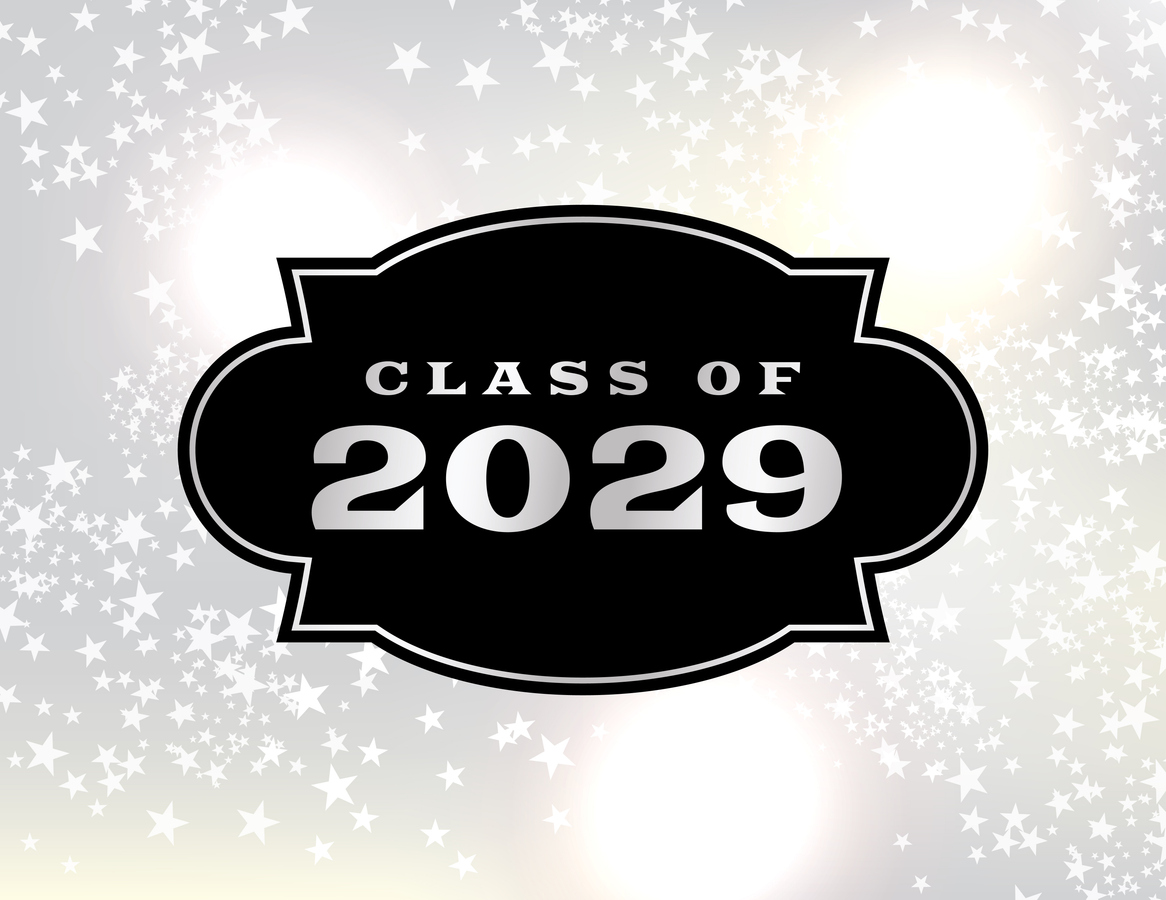
How to Build Strong Teacher Relationships in High School
By
Alexa Vaghenas
September 3, 2025
•
2
min read
Share this Article
Simply highlight text to share on social or email
When it comes to college applications, one underrated piece can make a huge difference: teacher recommendation letters. In an increasingly competitive college application landscape, more and more of your application is quantified by admissions officers: grades, standardized test scores, and even your activities list. But your letters of recommendation are one of the key qualitative parts of your applicant, that help bring it to life.
But here’s the secret: strong letters don’t happen overnight. They’re built on meaningful, long-term relationships.
Whether you’re starting high school or already planning ahead for college admissions, now is the perfect time to be intentional about how you engage with your teachers. Here’s how to build those strong connections from the very beginning.
Why Teacher Recommendations Matter for College Admissions
A thoughtful teacher recommendation doesn’t just check a box—it can elevate your entire application. Admissions officers use these letters to understand:
- How you learn
- How you contribute in class
- How you’ve grown over time
And colleges ask teachers to rate students on qualities like academic initiative, classroom engagement, and intellectual curiosity. That means every interaction with a teacher is a chance to shape your future letter.
These letters don’t just confirm what admissions officers see from your transcript. They provide key insights into how you actually come across in and out of the classroom. In other words, what kind of student you will be in college.
What Colleges Want to See in a Recommendation Letter
Admissions readers often skim teacher letters for a few key themes. Strong letters typically highlight:
- Intellectual engagement
- Resilience and growth
- Collaboration and leadership in class
- Unique voice or perspective
Help your teacher write a great letter by giving them stories to tell—not just grades to report. The following list will guide you through the long-term process of cultivating your letters. But here is a spoiler: cultivating relationships with teachers shouldn’t just be for the letters; it’s key for your education too!
How to Cultivate Strong Letters from the Start
Show Up and Engage: Be Present in Every Class
One of the most important things you can do to build trust with a teacher is simply to be consistently present.
- Attend class on time
- Participate actively (even if you’re shy)
- Stay engaged with what’s being taught
This might seem basic, but trust us—it’s the foundation of any strong letter. Indeed, a teacher likely won’t even agree to recommend you if you weren’t engaged in his or her class.
Demonstrate Curiosity and Intellectual Growth
Great teacher letters often include specific examples of how a student grew, contributed to class discussions, or showed interest beyond the textbook.
Stand out by:
- Asking thoughtful questions
- Drawing connections between class material and outside topics
- Submitting drafts and asking for feedback
- Revisiting assignments to learn from mistakes
Students who show curiosity, not just competence, are the ones teachers remember when it’s time to write.
This is especially important for upper-level coursework where students are expected to be more autonomous. Did you have a major project in a class, one that you worked on over a longer period and solicited feedback from your teacher over time? That teacher might just be a good choice for your letter, since he or she saw your capacity for curiosity and intellectual growth, both of which are key indicators of college success.
Be Kind, Respectful, and Mature in the Classroom
You don’t need to be best friends with your teacher (indeed, that might be a bit weird and come across as odd in a letter of recommendation), but mutual respect goes a long way.
Teachers notice things like:
- How you treat classmates
- Whether you take feedback seriously
- If you show gratitude and humility
A simple thank-you or follow-up email after a class discussion or tough assignment can leave a lasting impression. And if you think that a particular teacher might be a good recommender at a later date, don’t hesitate to keep in touch, pass by their classroom every now and then to say hi, or to keep them updated on your more advanced classes.
One of our AtomicMind essay consultants who studied at Johns Hopkins and Princeton University is still in touch with many of her recommendation writers, almost 20 years later!
How to Build Rapport with High School Teachers Outside Class
If you really connect with a teacher, find ways to stay involved beyond the classroom.
- Join a club or team they advise
- Ask them to review an independent research idea
- Volunteer as a peer tutor or lab assistant
Spending time with a teacher across different contexts gives them a fuller picture of who you are—which results in a richer, more detailed letter. Imagine a single letter of recommendation that touches upon your coursework, extracurriculars, and leadership written by someone who saw it all over a period of years, rather than just in the span of a single course. Now that’s something an admissions officer will remember!
Plan Ahead: When to Ask for Teacher Recommendations
Late junior or early senior year is typically when you’ll ask for recs, but that doesn’t mean you should wait until then to build relationships.
We recommend:
- Identifying potential recommenders by mid-11th grade
- Asking before the end of junior year, ideally in person (this gives your teachers the time to reflect during their summer holiday)
- Following up in senior year with your résumé, personal statement draft, and a thank-you note
Make sure to check your schools’ requirements for letters of recommendation (how many, from whom, and what deadlines). Additionally, think strategically: consider your intended major, strongest extracurriculars, and future career goals and choose recommenders who can speak to those strengths and goals in detail.
Final Thoughts: Strong Letters Come From Real Relationships
The best way to get a strong college recommendation isn’t by asking the most “impressive” teacher at the last minute. It’s by being a student who inspires admiration over time.
At AtomicMind, we help students plan their high school journey intentionally—including how to build relationships that will yield excellent teacher recommendations.
Need help crafting your long-term admissions strategy?
Let’s talk. Our expert advisors will help you set goals and stay on track—all while becoming the kind of student who teachers love to recommend.

About the Author: Alexa is a Head Advisor at AtomicMind based in Durham, North Carolina. She graduated from Yale '20 with a B.S. in Psychology and as a member of the Education Studies Scholar program, a cohort focused on the intersection of education practice, policy, and research. She is passionate about helping students tap into intrinsic motivation on their unique educational journeys, empowering them with encouragement and psychological safety.

Share this Article



